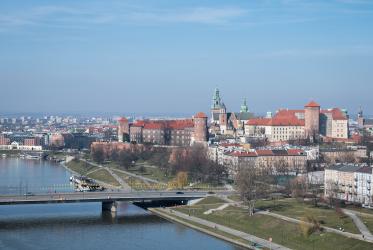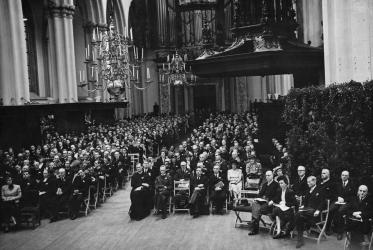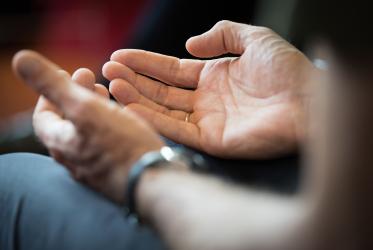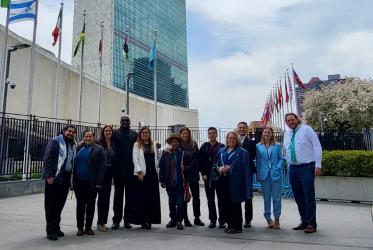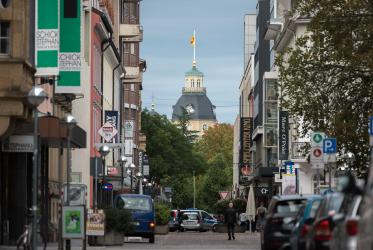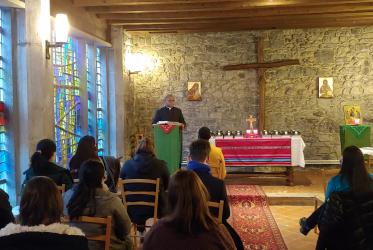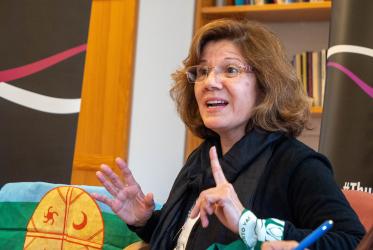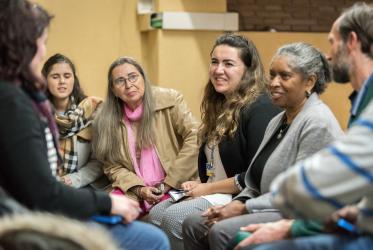Displaying 1 - 20 of 65
25 April 2024
WCC mourns the passing of Edgar Avitia Legarda
07 July 2023
Water as a divine gift, and justice issue
08 September 2022
WCC executive committee lights the way for WCC 11th Assembly
26 November 2021
In the current media landscape, who controls our public space?
14 September 2021
“Women must keep resisting,” urges Chilean theologian
10 March 2020




